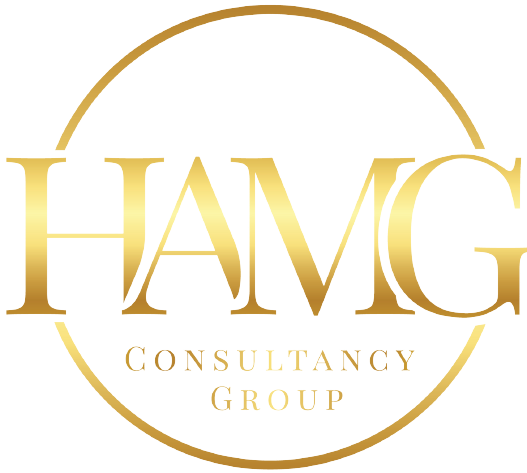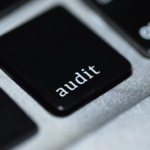Ethical principles are the foundation of any profession, and their significance is particularly profound in the realm of audit engagements. Auditors are tasked with the responsibility of examining and verifying financial information to ensure its accuracy and reliability. This role demands unwavering adherence to ethical principles to maintain the integrity of financial reporting and foster public trust. In the context of audit engagements, several key ethical principles guide auditors in their pursuit of excellence, objectivity, and transparency.
1. Integrity: The Cornerstone of Ethical Behavior
Integrity is the cornerstone of ethical conduct in audit engagements. Auditors must demonstrate honesty, truthfulness, and straightforwardness in all their interactions. This principle requires auditors to maintain their professional integrity and resist any pressure or temptation that might compromise their objectivity and independence. Upholding integrity means auditors must accurately represent their findings, even if those findings are unfavorable or raise concerns. Auditors who operate with integrity reinforce public confidence in the audit process, financial reporting, and the broader business ecosystem.
2. Objectivity: Maintaining Impartiality and Professional Skepticism
Objectivity is essential for auditors to approach their work without bias or undue influence. Auditors must remain impartial, avoiding conflicts of interest that could compromise their judgment. This principle underscores the importance of professional skepticism, encouraging auditors to question assumptions, critically assess evidence, and remain vigilant for any indications of potential misstatements or irregularities. An objective auditor ensures that their conclusions are based solely on the merits of the evidence, enhancing the credibility of their findings.
3. Professional Competence and Due Care: Continuous Learning and Diligence
Auditors are entrusted with assessing complex financial information, necessitating a high degree of professional competence and due care. This principle mandates that auditors possess the necessary knowledge, skills, and expertise to perform their duties effectively. It also emphasizes the importance of ongoing professional development to stay abreast of evolving regulations, technologies, and industry practices. Auditors must exercise due care by diligently and thoroughly conducting their audit procedures, ensuring that their work meets the highest standards of quality.
4. Confidentiality: Safeguarding Sensitive Information
Confidentiality is a critical ethical principle in audit engagements. Auditors often gain access to sensitive financial and operational information that must be treated with utmost discretion. This principle dictates that auditors must not disclose any information obtained during the audit without proper authorization. Confidentiality safeguards client interests, protects proprietary information, and maintains the integrity of the audit process. However, there are situations where auditors may be required to disclose certain information, such as when complying with legal obligations or responding to inquiries from regulatory authorities.
5. Professional Behavior: Upholding the Reputation of the Profession
Professional behavior encompasses ethical conduct not only in the technical aspects of the audit but also in auditors’ interactions with clients, colleagues, and the broader community. This principle encourages auditors to act in a manner that reflects positively on the profession, fostering trust and respect. Professional behavior includes effective communication, respectful collaboration, and transparent dealings. Auditors who exhibit professionalism enhance the credibility of audit engagements and contribute to the reputation of the accounting and auditing profession as a whole.
6. Independence: Safeguarding Against Bias and Influence
Independence is a cornerstone of the auditing profession. Auditors must be free from any relationships or interests that could compromise their ability to form unbiased judgments. Maintaining independence is crucial to ensure that auditors can objectively assess the financial statements and internal controls of the audited entity. External auditors, in particular, must remain independent from their clients to avoid conflicts of interest and preserve the public’s trust in the reliability of financial reporting.
Conclusion: Upholding the Ethical Pillars of Audit Engagements
Ethical principles serve as a compass guiding auditors through the complexities of audit engagements. These principles—integrity, objectivity, professional competence and due care, confidentiality, professional behavior, and independence—are not just guidelines; they are the moral foundation of the audit profession. Adhering to these principles bolsters the credibility of audit findings, promotes transparency in financial reporting, and reinforces public trust in the business world. By upholding these ethical pillars, auditors contribute to a robust and trustworthy financial ecosystem that benefits businesses, investors, and society at large.




